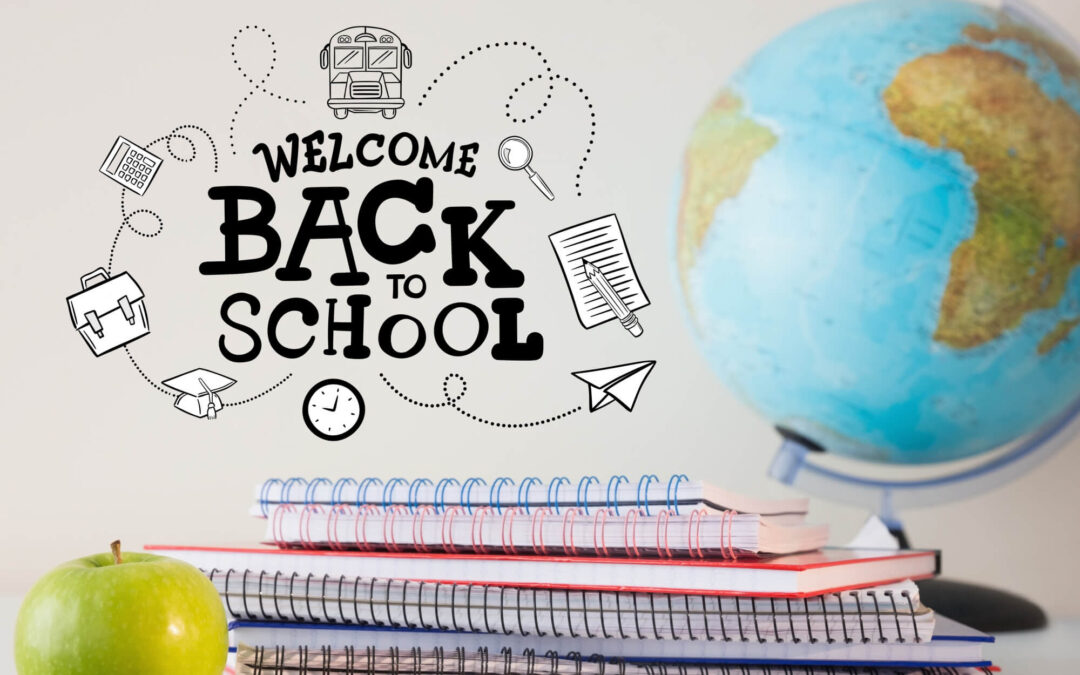The start of the school year is exciting—new pencils, fresh notebooks, that smell of freshly waxed floors. But for some students, especially those with ADHD, Autism, Anxiety, or learning differences, “back to school” can feel more like “back to stress.”
As a school psychologist, I’ve seen how the first few weeks can set the tone for the whole year. The good news? A few intentional strategies can help neurodivergent learners (and, honestly, all students) start off on the right foot. Here’s how:
1. Preview Is Powerful
Think of it like a movie trailer—students want to know what’s coming before they dive in.
- Share classroom routines early (pictures, a tour, or even a welcome video can work wonders).
- Preview schedules so transitions don’t feel like plot twists.
- Offer a quick “day in the life” outline—structure calms nerves.
2. Relationships Before Routines
Yes, we need rules, but we need connection first. Students who feel understood will give you their best effort—even when the math worksheet looks scarier than a horror flick.
- Greet each student by name.
- Ask about their favorite summer moment (even if it’s “sleeping in”).
- Share something about yourself—students love seeing that teachers are human, too.
3. Breaks Are Brain Fuel
Neurodivergent students often need more regulation time—and so do the rest of us, if we’re honest.
- Create a calm space where anyone can reset.
- Normalize breaks as part of learning, not a punishment.
Sprinkle in movement—jumping jacks count as math if you’re tallying them up.
4. Clear Is Kind
Uncertainty feeds anxiety and distractibility. Keep directions simple and expectations visible.
- Use visuals and checklists.
- Break tasks into smaller steps.
- Say it, show it, and then let students try it.
5. Celebrate the Small Stuff
Starting a new school year is a big adjustment—every little win deserves a spotlight.
- Praise effort, not just results (“I love how you kept trying, even when it was tricky”).
- Acknowledge progress, no matter how small.
- Create rituals for celebrating growth—Friday high-fives, sticker charts, or a class cheer.
The Bonus Secret
The strategies that help neurodivergent students thrive aren’t “extra”—they’re good teaching for everyone. A predictable schedule? Everyone breathes easier. Brain breaks? Everyone benefits. Celebrating progress? Who doesn’t love that?
So here’s to a new school year that feels less like surviving and more like thriving—for every student, every brain, every day.
✨Pro tip: Remember, the goal isn’t perfection. It’s progress. If the first week feels a little bumpy, that’s okay—learning curves are part of the journey (for students and teachers).

